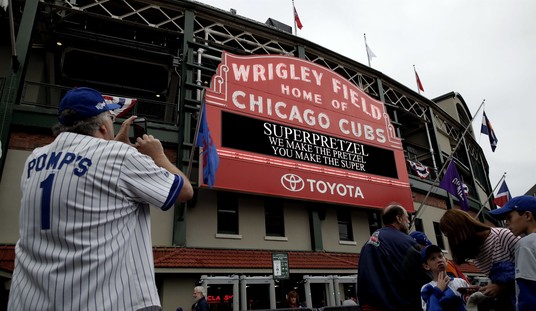Every fourth citizen of Sweden supports a legal ban on offending religious symbols.
The Swedish newsmagazine Fokus recently polled a representative part of the population asking: Do you think it should be allowed or forbidden to publish pictures offending religious symbols?
62 pct. insisted that it shouldn’t be prohibited, but 25 pct. called for a ban. That’s an alarmingly high number. The figure is even higher among women, and the ban receive its highest support among the the most disadvantaged part of the population. Less than half of them insist on the right to offend religious symbols.
The poll was taken in the aftermath of the Swedish cartoon crisis that erupted in August and September when Al Qaida in Iraq called for the killing of Swedish artist Lars Vilks because he made a drawing of the prophet Mohammed as a dog that was published in a local newspaper.
Governments of the Muslim world demanded that Sweden passes new blasphemy laws criminalizing ridiculing of religion
It’s my guess that a majority of the Swedes supporting this ban haven’t seriously considered the consequences of their position. They just want to appease aggresive voices. But in doing so they tacitly support severe limitations on the right to free speech.
By the way, I don’t recall anyone in Sweden trying to appease Israel’s ambassador Zvi Mazel when he in 2004 took action against a piece of art at the Historical Museum in Stockholm. The installation called Snow White consisted of a boat floating in a rectangular basin filled with red water signifying blood. The boat contained a card with a portrait of the Palestinian suicide bomber Hanadi Jaradat on one side and ”Snow White” written on the other. The action was widely condemned in the Swedish press.
In 1998 Swedish photo artist Elisabeth Ohlson Wallin at an exhibition titled Ecce Homo presented a picture of Jesus in the company of gays and aids-victims. It caused protests from some Christians, but the exhibition wasn’t cancelled, and it was shown around Europe over the next two years.
During the Swedish cartoon crisis the government’s legal counselor revealed his limited understanding of the right to free speech.
“Just because something is allowed on a legal level, that doesn’t mean that you think it is desireable,” Göran Lambertz told the newsmagazine Fokus.
May I remind the legal counselor about George Orwells’ words: The right to free speech only means something, if it implies the right to tell people what they don’t want to hear. Consensus-building isn’t the right approach when it comes to defining what is acceptable and non-acceptable speech.
Every responsible editor would insist that the limits of the right to free speech have to be challenged and tested every day.
The Swedes may have forgotten, but the country in fact adopted its first legal document on abolition of censorship and the right to free speech in 1766.








Join the conversation as a VIP Member